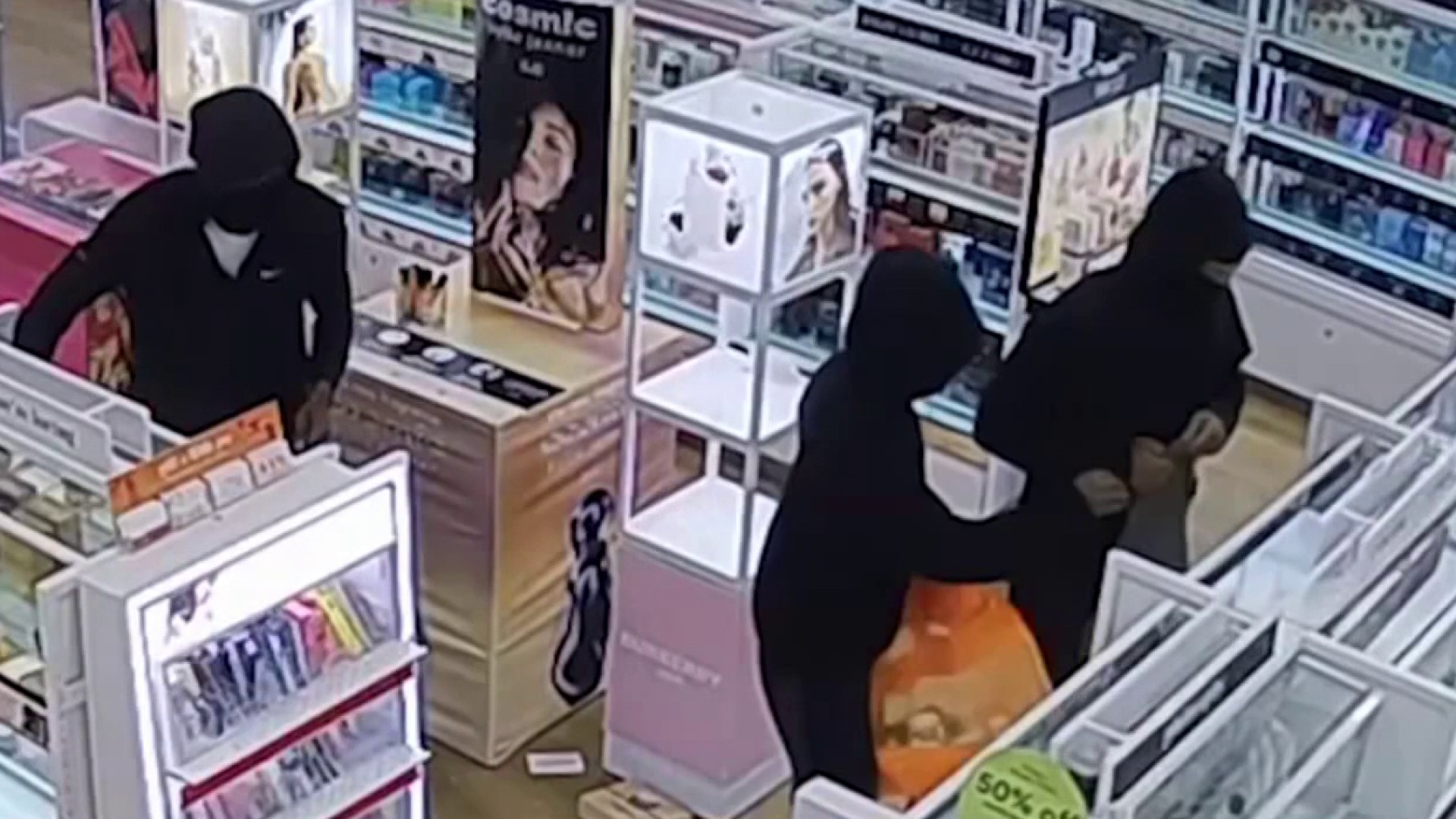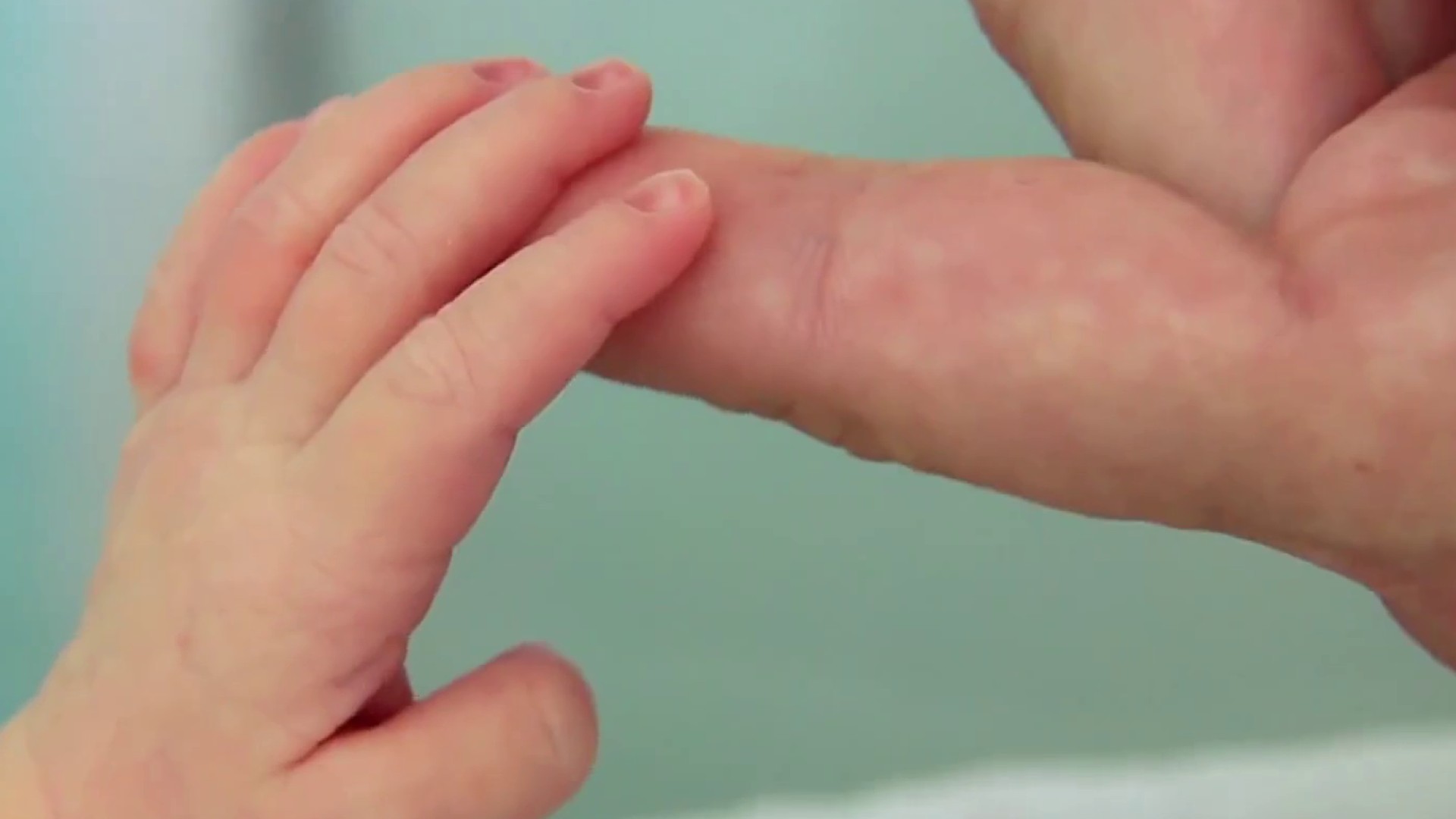George Mason University is revising the way it investigates and adjudicates allegations of sexual misconduct after a student won a lawsuit challenging the process.
The changes include hiring a full-time sexual misconduct investigator and a revised appeal process. Some of the changes are prompted by the lawsuit; others are unrelated to the case, said Julian Williams, the school's vice president for compliance, diversity and ethics.
The student, identified in the lawsuit only as John Doe, won reinstatement after arguing that a consensual sadomasochistic relationship was wrongly classified as sexual misconduct that resulted in his expulsion.
The student enrolled at GMU, Virginia's largest public university, in 2012 and began a relationship with a female student at another university that lasted for more than a year, according to court records. After they broke up, the ex-girlfriend told school officials and police about incidents she viewed as sexual assaults.
In 2014, a three-person Sexual Misconduct Board exonerated the student after a lengthy hearing, but the ex-girlfriend appealed. A university administrator appointed himself to hear the appeal and ordered the student expelled.
Judge T.S. Ellis III in U.S. District Court in Alexandria ordered Mason to reinstate the student last month. In his ruling, Ellis said the appeals process was not conducted fairly, citing testimony from the administrator that he had made up his mind to expel the student before even hearing the male student's side of the story.
In a follow-up ruling issued last week, though, Ellis said the university could bring new charges against the student if it chooses, as long as it does so within 60 days and complies with other conditions he imposed.
Local
Washington, D.C., Maryland and Virginia local news, events and information
The student's lawyers had said that allowing another investigation was unfair. He was already barred from seeking any monetary damages, and forcing him to endure another hearing would render his lawsuit a Pyrrhic victory at best.
Justin Dillon, the student's lawyer, said he would have preferred that the judge bar the university from re-litigating the case at all. But he said the student won significant concessions _ the core allegations that received the most scrutiny at the initial hearing cannot be pursued again, the university must act within 60 days if it does at all, and the university has promised that the administrators who ordered the student's expulsion will not be involved in any rehearing.
Williams declined comment on the case but was willing to talk about the changes Mason is making to revamp its process for investigating sexual misconduct. The changes come at a time when campuses across the country face scrutiny in how they respond to sex-assault victims.
He said hiring a full-time investigator will streamline the process and make sure that adjudicators on the Sexual Misconduct Board get a complete picture of the evidence in any given case.
"We're trying to make sure we meet our moral obligations to our students, and our legal obligations to comply with Title IX," the federal law that governs sex discrimination in education, Williams said.



